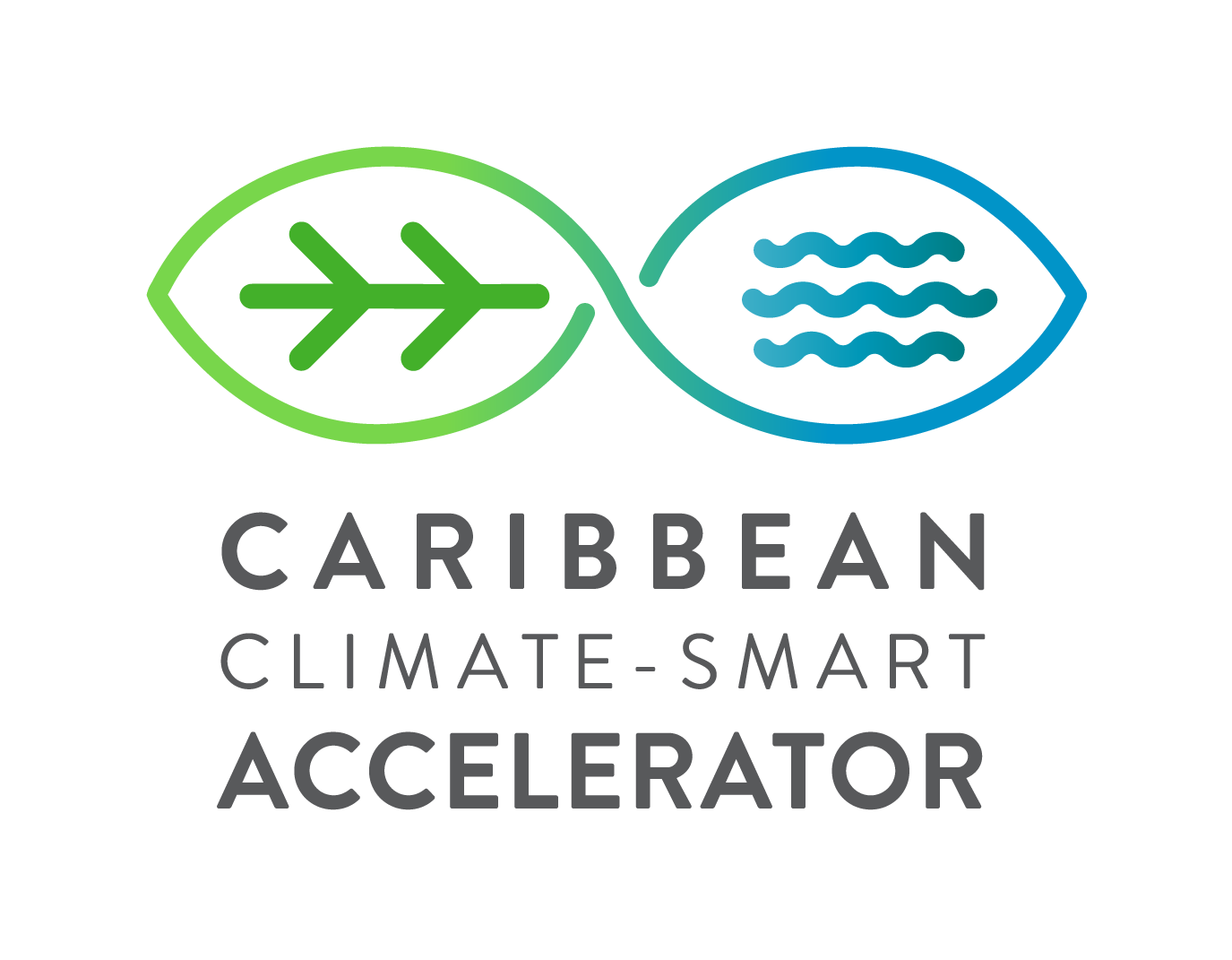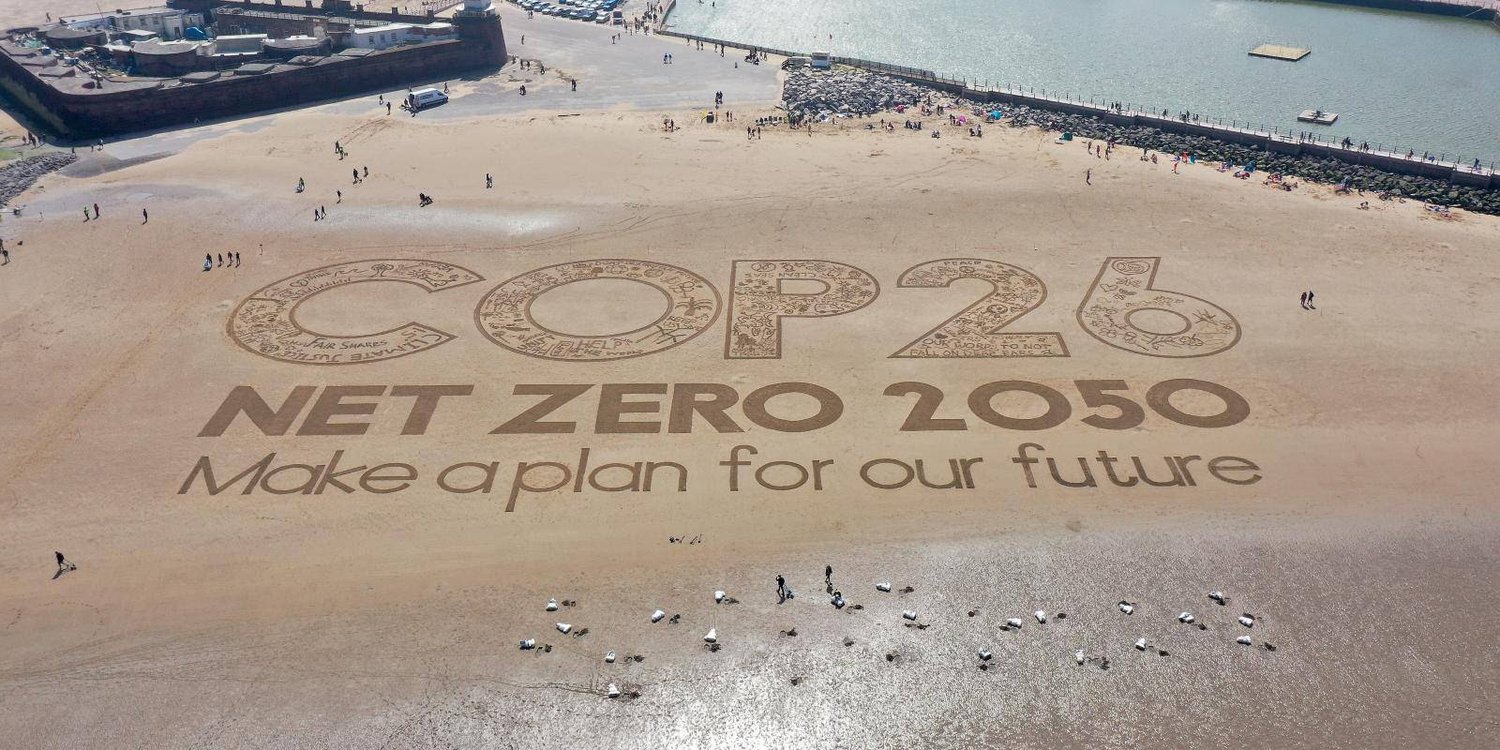UNFCCC Global Ambassador and CCSA CEO Racquel Moses speaks on The Accelerator’s Mission at COP26
COP26
Now that the dust has settled following two weeks of intense meetings and discussions surrounding the world’s climate crisis and what needs to be done to reverse the path we are on, Caribbean Climate-Smart Accelerator (CCSA) takes an introspective look at what positives came out from Glasgow from an organisational and regional perspective.
197 countries, 120 world leaders and over 40,000 attendees gathered in Glasgow for COP26. In addition to island states in the Caribbean and Caribbean Community (CARICOM) leaders and representatives, Caribbean Climate-Smart Accelerator was also among those representing the region at COP. In this special edition of The Accelerator we review what we set out to achieve at COP26, what we executed while in Glasgow, and where we go from here.
THE MISSION
Depending on which side of the table you sit, the measure of success for COP26 can be viewed through a myriad of lenses. With so many voices to be heard and cases to be made, from the planning stages, the CCSA was clear in its mission of what we wanted to achieve in Glasgow.
The CCSA Leadership Team, represented by UNFCCC Global Ambassador and CCSA CEO Racquel Moses, went to Glasgow with the aim of pursuing greater rigor on measuring action against commitments for climate, increasing financial commitments to Caribbean countries for climate mitigation and adaptation, offering the resilience scorecard as a measure which aids in directing funding flows to build regional resilience and finally, core to our work, matchmaking projects and funding to accelerate our transition to a climate smart zone.
With those goals in mind we then also endeavored to develop a communications protocol on the objectives of COP26 to drive unstoppable momentum for COP27.
“More must be done, not just by any one country or group, but by each and every one of us. The life-threatening effects of climate change are undeniable and we in the Caribbean who live on the front lines every day know all too well that the longer that the world waits to take decisive, measurable action, the greater we put our long term sustainability at risk. Time is running out,” said CCSA CEO Racquel Moses before making the 7,000+ kilometer trip to Glasgow.
One of CCSA’s Board Members, Minister Simon Stiell from Grenada, in his contribution at COP26 reinforced this point by saying: “Climate change for us in the islands is not an abstract thing. It is real and it is lived every single day, and if mitigation is a marathon getting us to that 1.5 target, adaptation is the sprint as we battle the impacts and the urgency to protect life and livelihoods.”
In her address at COP26, Mia Mottley, Prime Minister of Barbados was clear to the point when she said that the survival of small island states like Barbados hinges on unlocking the finance needed to limit global temperature rise to 1.5C – the Paris Agreement’s most ambitious goal. Failure to do so she said “is measured in lives and livelihoods in our community.”
This was the overarching narrative of COP26. From day one and even in the weeks leading up to COP, the CCSA began a robust media outreach programme to sensitize the region on what would be at stake at COP26, and what we, the CCSA, wanted to achieve in Glasgow.
And from the moment we were on the ground, the CCSA was engaged in dozens of stakeholder meetings, media interviews, UN high-level panel discussions and collaboration-building conversations, all focused squarely on aggregating climate-smart projects on behalf of the region, helping to put the wheels in motion for the facilitation of climate finance for viable projects, and advancing the development of projects at scale where it would act as a win-win for both countries and investors.

UNLOCKING CLIMATE-FINANCE COMMITMENTS
Over the two-week period at COP26, the CCSA echoed the sentiments shared by the world’s vulnerable nations, and made the case for high net-worth nations to take accountability and make available the climate financing that had been previously promised, so that regions such as the Caribbean and other Big Ocean State nations can proactively set about the process of implementing their climate-resilience plans and projects.
Such is the importance and urgency of climate-financing, this issue also became the focal point in a meeting held between CARICOM Secretary-General Dr. Carla Barnett and her Pacific Island Forum (PIF) counterpart Mr. Henry Puna in November while COP26 was in progress. They both agreed on the urgency for developed countries to fulfil their pledge of providing US $100 billion a year to help developing countries to combat the challenge of climate change.
Though climate-financing pledges were made at COP26, it hasn’t closed the considerable gap that exists. We redoubled our efforts on behalf of the region, to establish and deepen our own relationships with potential investors, donors and philanthropists in Glasgow, all with the singular aim of attracting increased climate investment commitments and philanthropic support for vulnerable Caribbean nations.
These meetings were extremely promising and valuable connections were made. Even in these early days we are anxiously reaching out to the stakeholders we met and those that we missed, to further our discussions and lay the groundwork for the input of new climate-smart investments in the region.

BRINGING SOLUTIONS TO THE TABLE: RESILIENCE SCORECARD
One of the major activations we were involved in at COP26 was sponsoring and participating in a live streamed interview from Glasgow to introduce the Resilience Scorecard. Climate solutions vary from region to region and country to country, yet decision-makers are tasked with finding answers and targets that can help on both a global and local scale. How do you build resilience and adaptation measures, or find ways to mitigate the impacts of the climate crisis when the solutions provided may not always align with a nation’s economic objectives?
This was the topic of discussion that was addressed in a panel interview held on November 4th. that featured Deputy Premier of Bermuda and the Minister of Home Affairs, Walter Roban, Kimberly Lewis from Advanced Energy Group, and Rick Warner from Coastal8. The discussion was moderated by Audrey Joachim of Island Innovation. The initial aim was to have one country pilot this multifaceted scorecard initiative as a testing country; we now have five countries on board; Barbados, Bermuda, Cayman, Dominica and Grenada. Each country has committed to going through Phase One of the scorecard process and support from the Governments has been extremely encouraging. You can view the full livestream interview.
CCSA VIRTUAL WEBINAR
TOWARDS CARIBBEAN SUSTAINABILITY AND PROSPERITY

Another activation we spearheaded at COP26 was the CCSA virtual webinar; Caribbean Sustainability and Prosperity – Climate Finance as a Driver for Climate Action.
The panel featured an A-List of industry professionals in the climate, advocacy and finance spaces and included, Justine Lucas, Executive Director of Rihanna’s Clara Lionel Foundation, Charlin Bodley, Sustainable Energy Project Development and Gender Expert with the Caribbean Centre for Renewable Energy and Energy Efficiency (CCREEE), David Gumbs, Director for the Africa, Islands, and Southeast Asia Program at Rocky Mountain Institute (RMI) and Ray Klien Group Head, Investment Banking, Republic Financial Holdings Limited.
845 people from all parts of the world registered for the webinar and to date, there has been 1,144 views of the live stream event on social media channels. The discussions generated enthusiastic engagement and insightful questions. Coming out of the webinar, we are following up with participants and answering their questions, making introductions where appropriate and opening the lines of communication with all interested persons and groups, so that we can find ways to collaborate on projects now and for the future. The full webinar can be viewed here.
What is clear is that global leaders need support to close the gaps that exist in climate mitigation and adaptation measures. The webinar explored innovations already underway to create resilience, energy independence and catalyze accelerated efforts using philanthropic investment, private capital and NGOs. While there are many challenges, there are even more opportunities to build resilience and create energy independence that can accelerate the transition to renewable energy.
EXPANDING OUR GLOBAL NETWORK OF ALLIES

The ability to accelerate climate mitigation and adaptation projects often relies on partnerships and collaborations, both regionally and internationally. At COP26, the CCSA attended a series of meetings, networked with other players in the climate space, participated in multiple panel discussions, and made significant progress in expanding our global network of contacts, all with the purpose of serving as the connective tissue pairing regional projects with sources of finance and investment and planting seeds for long-term project development.
We are already engaging these allies to pursue mutually rewarding opportunities where we can collaborate on projects and bring increased flows of climate financing to the region. Our INVESTOR MATCHMAKING FORUM which was held on December 1st, and which 567 people registered to attend, is among a series of efforts to connect regional projects with investors.
BUILDING ON THE COP26 MOMENTUM
The CCSA, coming out of the strategic activities we engaged in at COP26, know that this is only the beginning. We will continue to pursue the acceleration of viable climate mitigation and adaptation projects designed for the Caribbean in both the blue and green economy sectors, and spare no effort in pairing these projects with investors, donors and philanthropists to fast track their development.
We will also continue to champion the Resilience Scorecard and work with other countries to adopt the scorecard as a testing country and continue working on developing innovative financing solutions to fund climate action.
“Since returning from Glasgow I am fueled with greater determination to deliver innovative solutions to an emboldened Caribbean, we are vulnerable yet resilient and infinitely creative. We will find solutions to attract the support we need to implement them,” said Racquel Moses. “Though COP26 may not have produced the immediate and desired response so many of us wanted, progress, though small in some instances, has been made, and that’s something we can build on. This COP may very well be the rallying cry that we needed to get to the last mile.”
She concluded by saying: “Having met so many passionate climate enthusiasts from around the world at COP26, it is obvious that there is the will and determination to move with greater pace and focus. Failure is not an option, and we encourage all citizens of planet Earth to join us. We can do this together, but we must act now”.
If you are an entrepreneur, or a climate action financier committed to sustainability and resilience building, reach out to us. Visit www.caribbeanaccelerator.org or you can also contact us via email at hello@caribbeanaccelerator.org






